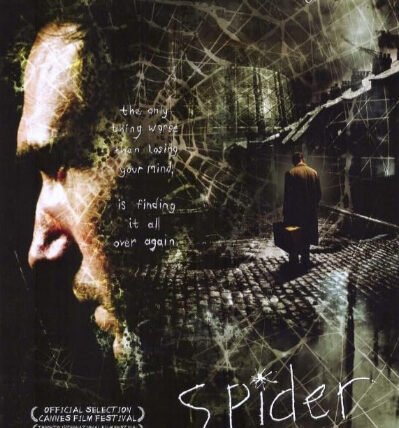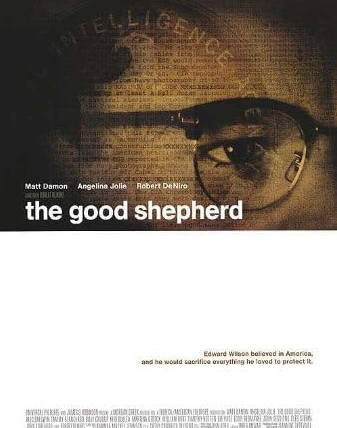In addition to introducing moviegoers to the mind of writer and director Jordan Peele and his stunning sensibilities in filmmaking within the horror genre, “Get Out” is possibly the culmination of the past few years of great horror and finally solidifies Blumhouse Productions as one of the main protagonists of the modern horror golden age.
The moulding of tones is arguably the component of this movie that is the most symptomatic of its remarkable success. As is the case with all great genre clashes, it helps the comedy and the horror work together and function on the same beats. Those moments are extremely rare, but when they happen, they have incredible effects: the tension rises to unbearable heights, only to be relieved by comedy beats that are just as legitimately funny and elicit gasps of delight as they are fu*king creepy and twisted, adding to the film’s overall sense of white-knuckle suspense.
The picture is quite intense; in fact, it’s very intense. It does not let you breathe for a second, and I loved every moment of it. It always had me on the tip of my toes, I did not know what was coming next, and at times I didn’t know whether to laugh or be scared. It just got me to this place of being totally locked into it with my body, and that is one of the best compliments you could ever give to a motion picture because it affected me physically. Peele is quite skilled in the art of audience manipulation, and he almost never leads us astray in the course of the narrative due to the fact that he is aware of all the possible ploys. The scene transitions are seamless, and each new piece of information is revealed at the precise moment it should be. Furthermore, the plot thickens with twists upon twists upon twists, yet I was never confused by any of them, and in fact, it made the tension even more intense.
It is quite evident that Peele is under the sway of a great number of influences, and it is a tribute to his cinematic ability that these influences are never blatantly thrown in your face; rather, they are utilised in a complementary manner in order to bring us a wonderful combination of everything. The likes of Edgar Wright, Quentin Tarantino, and Roman Polanski all make magnificent appearances in this movie; yet, Alfred Hitchcock may end up being the most memorable of the lot. On the one hand, we notice the homages and the tiny similarities that only make the film better; on the other hand, it only made me remember why Hitchock was and is the finest, and why his lessons are applicable to all situations.
On the flip side, there isn’t anything to call attention to anything that is problematic; the movie moves smoothly and gets to the point without any hiccups along the way. There are a few brief instances in which the eccentric and offbeat atmosphere is cranked up to 110%, and you may begin to feel a little overpowered by it; however, it picks up soon and doesn’t really leave any trace of that on the film. I believe that the movie would have benefited from having about ten minutes cut out of it so that it could have been even more impactful. There are a few points in the plot that are blatantly revealed to the audience when they could have been left to figure it out on their own, and there are also other moments in the movie that drag on for too long.
It’s hard to believe that “Get Out” is the director’s first feature picture because it’s such a hard-hitting comedy/horror thriller, highly creative and fresh in its storytelling, and created with a great craft in filmmaking. I really liked how it not only frightened me but also made me laugh out loud and caused me to sweat quite a bit.



